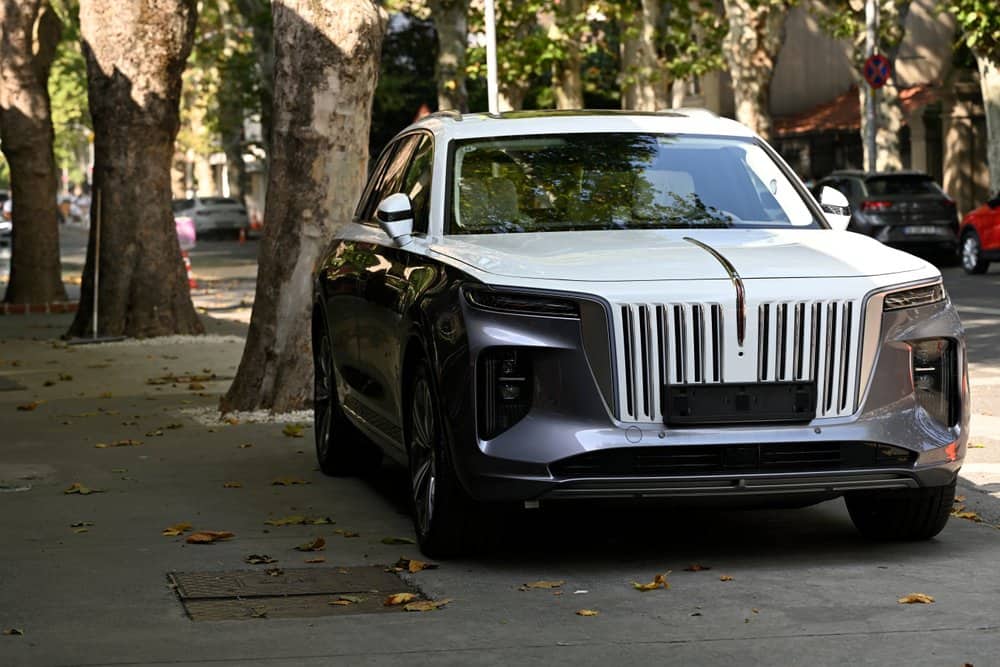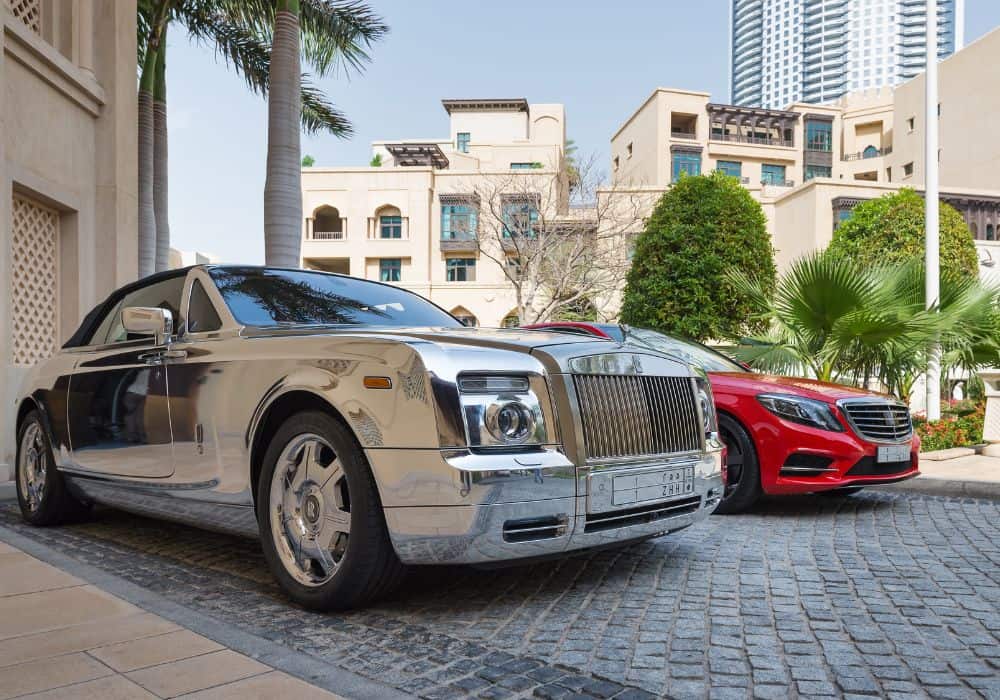The prevailing sentiment among the general populace is that cars depreciate assets, losing value the moment they roll out of the dealership. While largely true for most cars, this notion sees a notable exception in luxury vehicles. Why do these automobiles seem immune to the crippling depreciation plagues their more modest counterparts? Various factors, including build quality, brand heritage, technological advancements, and exclusive features, contribute to this phenomenon. Owning a luxury vehicle can be similar to investing in an appreciating asset over time. Like a Hongqi luxury sedan, these opulent machines offer not just a ride but an experience, and their capacity to retain value makes them a status symbol and a wise investment.
Build Quality
In luxury vehicles, build quality is a cornerstone of their enduring value. These high-end cars are painstakingly crafted with superior craftsmanship and employ premium materials such as high-grade leather and state-of-the-art metal alloys. Unlike their mass-produced counterparts, which often incorporate cheaper materials and less meticulous construction methods, luxury cars are built to withstand the test of time. This inherent durability and longevity translate into a remarkable retention of value. It’s a stark contrast to conventional vehicles that tend to exhibit signs of wear and tear much sooner in their lifecycle. As a result, luxury cars maintain their pristine condition for an extended period, making them highly appealing to potential buyers in the secondary market. Those seeking a pre-owned luxury vehicle are often willing to pay a premium for the assurance of high build quality, making it a vital factor in preserving their value.
Brand Legacy
The brand’s legacy is a potent force in luxury cars to retain value. Esteemed luxury automakers have carved out a legacy of excellence in engineering and design that spans generations. The heritage and reputation of these iconic brands hold immense sway over prospective buyers. These brands are synonymous with prestige and exclusivity, cultivated through decades of delivering uncompromising quality and performance. This legacy, built over time, directly translates into higher resale values for their vehicles. Buyers recognize the heritage and heritage factor, significantly influencing their decision to invest in these renowned luxury brands. The brand’s legacy extends beyond the vehicle itself, becoming a symbol of status and refinement that further bolsters the car’s value retention.
Limited Editions and Exclusivity
The allure of scarcity is a compelling force in luxury cars. Limited editions or models produced in small quantities inherently hold their value well. This is primarily attributed to the “scarcity factor” that significantly heightens demand. The exclusivity of owning a vehicle that only a handful of individuals worldwide possess elevates its desirability and, consequently, its resale value. Owners of limited-edition luxury cars become part of an exclusive club, and this sense of belonging adds significant cachet to the vehicle’s allure. With only a select few special editions ever produced, the ownership experience becomes unique, translating into a substantial appreciation of the car’s resale value.
Technological Advancements
Luxury vehicles are at the forefront of technological innovation. They are among the first to adopt cutting-edge safety measures, entertainment systems, and engine performance technologies. In addition to adopting adaptive cruise control and warnings for lane departures, the car possesses numerous advanced safety features that ensure its competitive edge. Additionally, the premium audio systems significantly enhance the overall driving experience. The adoption of such technologies is not just about immediate gratification but also about long-term value retention. These features maintain relevance, ensuring that even older models meet or exceed current market standards. As a result, prospective buyers are willing to invest in pre-owned luxury vehicles, knowing they still offer a contemporary and technologically advanced driving experience.
Maintenance and Warranty Packages
Luxury cars often come with comprehensive maintenance and warranty packages, significantly contributing to their value retention. These packages go beyond routine maintenance and can include extended warranties that cover various potential issues. The transferability of these packages to subsequent owners provides an added layer of value and peace of mind for resale. It’s akin to having a form of “trip insurance” for the vehicle’s next owner. Knowing that the car is meticulously crafted and has comprehensive support and coverage makes luxury vehicles highly attractive in the secondary market. Ensuring that maintenance and potential repairs are taken care of fosters trust among buyers, ultimately bolstering the car’s value retention.
Economic Factors
The value retention of luxury cars is not immune to economic factors. During economic prosperity, luxury items, including high-end vehicles, retain or appreciate value. The association of luxury with success and affluence leads to sustained demand, which, in turn, supports higher resale values. However, during economic downturns or recessions, luxury cars may not hold their value as robustly, but they still fare significantly better than their non-luxury counterparts. This resilience in the face of economic uncertainty is a testament to the enduring appeal of luxury vehicles. It suggests that value retention isn’t solely dependent on the car’s inherent qualities but is also influenced by the state of the economy. Luxury cars remain a coveted asset even when economic conditions are less favorable, further underscoring their ability to retain value over time.
Depreciation Curve
One of the distinct characteristics of luxury cars is their depreciation curve, which differs significantly from non-luxury vehicles. While luxury cars may experience a sharp initial depreciation, this depreciation tends to plateau sooner, allowing the car to maintain a relatively consistent value over a more extended period. This phenomenon contrasts sharply with non-luxury vehicles, which often experience a more linear and pronounced depreciation curve. The slower depreciation rate following the initial drop makes luxury cars a stable investment for the long term. Owners can be confident that their luxury vehicle will hold its value better than most other cars, providing prestige and financial security. This unique depreciation curve is crucial to luxury cars’ enduring value in the automotive market.
Conclusion
Although a luxury car may initially seem like an extravagant purchase, understanding the factors contributing to its value retention can change that perception. These aren’t merely transportation tools but embodiments of engineering excellence, artistry, and status. And they’re designed not just to get from point A to point B but to do so in a manner that maximizes comfort, safety, and prestige. The multifaceted aspects—from the brand’s history to technological features to limited editions—make these vehicles a long-term investment. Therefore, opting for a high-end car isn’t merely about relishing the journey but also making a sound financial decision. Like a Hongqi luxury sedan, these machines challenge the idea that cars are depreciating assets, suggesting that they can be investments with a surprising amount of staying power in some cases.

